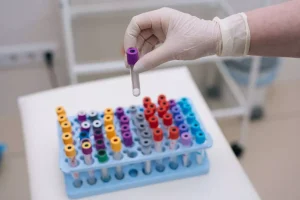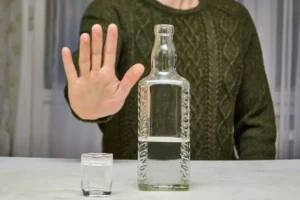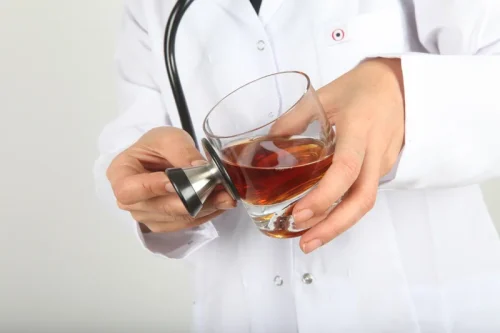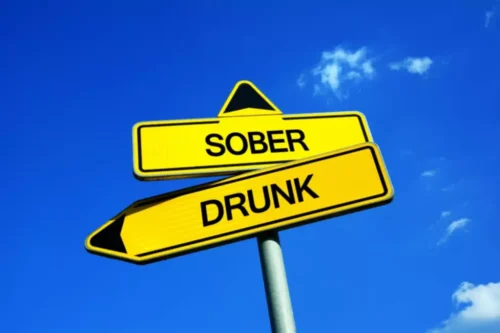
While it is always better to discourage the use of alcohol for people who have this tendency, some things can be done to manage the situation. Drinking alcohol releases norepinephrine into the brain, a stimulant that can decrease our inhibitions while increasing our impulsivity. Alcohol also depresses the part of the brain in charge of rational decision-making. Many of us have known at least one person who “can’t hold his or her liquor.” Or perhaps we are that person. We just know that once the drinks start flowing things can get pretty ugly.
Cognitive Behavioral Therapy (CBT) Interventions

Techniques such as stress inoculation and cognitive restructuring help individuals identify and challenge negative thought patterns and develop healthier coping strategies for managing stress and anger triggers. Understanding these effects highlight the mechanisms through which alcohol can fuel anger and aggression, helping you the importance of mindful consumption and proactive strategies for managing emotions in alcohol-related contexts. Alcohol can have a significant impact on the functions of the brain as it acts as a depressor inhibiting the emotions.

Effects of Alcohol on Brain Functions
For more information about how we can assist you in your recovery journey, read about our alcohol addiction treatment options. If a health professional has diagnosed you with anger management problems, you may find these get worse when you drink. Alongside quitting alcohol, you could benefit from attending an anger management support group. Typically, support groups have professional leaders, alcoholic rage syndrome like social workers or psychologists, so you can ensure you’re getting expert advice. According to research compiled by the National Institute on Drug Abuse, alcohol use is a considerable contributing factor to sexual assault. Similarly, in nearly 40% of violent incidents, surveyed individuals from the United Kingdom said they believed their perpetrator was under the influence of alcohol.
The Failure to Consider Future Consequences and Its Impact on Aggression
- However, there is a higher incidence of violence among chronic drinkers.
- Increasing the salience of inhibitory information leads us to the somewhat counterintuitive idea that alcohol can actually reduce aggressive behavior.
- Identifying those factors that might contribute to heightened anger when consuming alcohol is important for individuals who have anger issues and those who treat them.
- In a 2017 report, researchers shared their findings of the relationship between alcohol and dating violence.
- However, some studies have been done to better understand who is more at risk.
Call 999 if anyone is in immediate danger, 101 it it’s not an emergency, or you can report crime to the police online. Drinking alcohol can make us act in ways we wouldn’t normally, including being angry or aggressive. Reframe supports you in reducing alcohol consumption and enhancing your well-being. The Reframe app equips you with the knowledge and skills you need to not only survive drinking less, but to thrive while you navigate the journey.

While the study did not support a significant difference between groups high and low in anger, these results support the notion that such impairment in facial recognition may contribute to aggressive responding. Moreover, we are going to delve into the intricate relationship between anger and addiction, shedding light on how anger manifests within the context of substance abuse and dependence. We explore the underlying psychological dynamics that fuel anger in addiction, uncovering the complex interplay between emotional turmoil and addictive behaviors. Moreover, we examine the role of anger as both a coping mechanism and a driver of addictive tendencies, highlighting its profound impact on individuals’ journeys toward recovery.
Understanding the Link Between Alcohol Use and Depression
Treatment Options for Alcohol Abuse & Addiction

